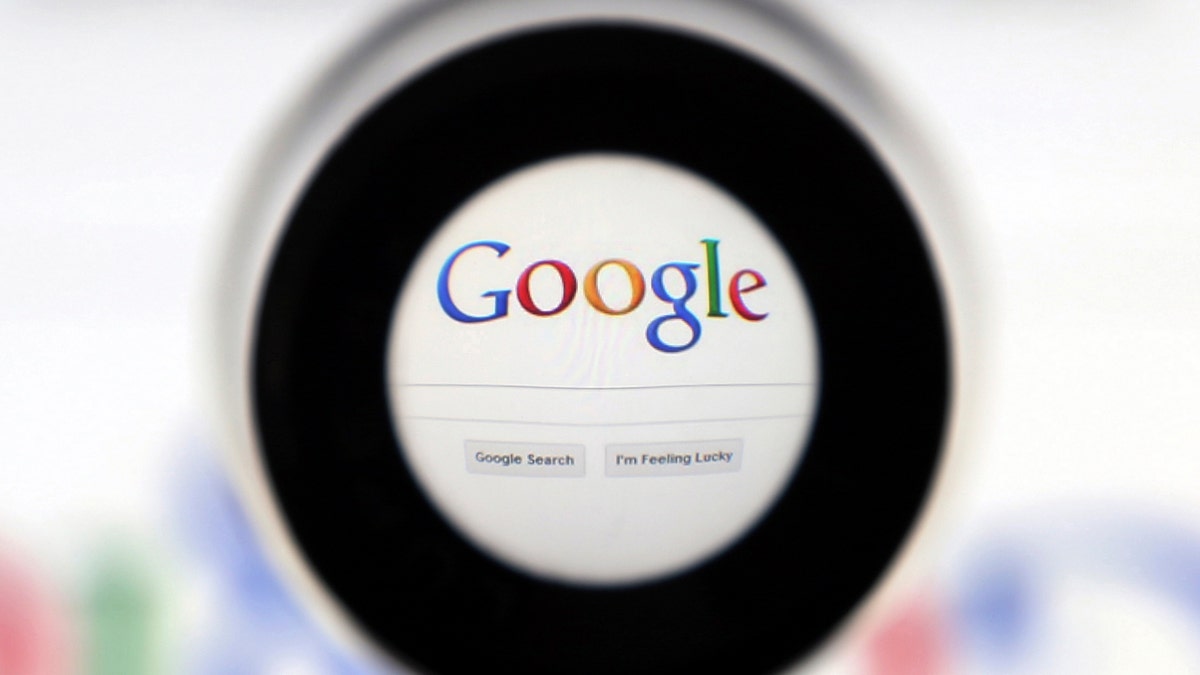
Photo illustration. (REUTERS/Francois Lenoir)
In a step that critics worry will inject political bias into search results, a Google research team released a report this month on ranking search results based on how factual websites are. They propose eventually using that to change Google rankings, which are currently based on website popularity.
The Google researchers give, as an example, websites that say President Obama was born in Kenya; such sites would be penalized in Google rankings, whereas sites that correctly say he was born in the U.S. would get a boost in rankings.
That fact is not controversial, but critics worry that this is a first step towards Google playing God and effectively censoring content it does not like. They fear that skeptics of things like climate change or more immigration (both subjects that Google founders have expressed strong feelings about) might find their websites buried if this ranking system were adopted.
“I worry about this issue greatly… My site gets a significant portion of its daily traffic from Google,” Anthony Watts, who runs Watts Up With That, a popular blog that is skeptical of global warming claims, told FoxNews.com.
“It is a very slippery and dangerous slope because there’s no arguing with a machine,” he added.
The Google researchers base their truth-ratings on a database they compiled called the "Knowledge Vault," built from sources they deemed relatively trustworthy - such as Wikipedia and Freebase, which are crowd-sourced sites they believe are largely self-correcting, and government websites.
There are currently 2.8 billion Google "facts" in Knowledge Vault, which the researchers used for their ranking system.
"[We] were thus able to reliably predict the trustworthiness of 119 million webpages and 5.6 million websites," the researchers write in their new paper.
A Google spokesperson told FoxNews.com that the fact-based-rankings are, at this point, just a research project.
“This was research - we don’t have any specific plans to implement it in our products. We publish hundreds of research papers every year,” the spokesman told FoxNews.com.
But some see promise in Google’s research project, and say that it could lead to a more informed populace.
"Google should be commended for taking on the great task of fighting against propaganda and misinformation,” Nomiki Konst, executive director of The Accountability Project, told FoxNews.com.
“Hopefully Google will work closely with the FCC and journalism watchdogs in setting up standards to validate what is factual and who represents themselves as journalists,” Konst said.
But others who follow media bias note that even the media watchdogs – let alone the sites used by the Google researchers like Wikipedia – are often biased.
“They’re very good at debunking myths if they upset liberals, but if it’s a liberal or left-wing falsehood, the fact-checkers don’t seem as excited about debunking it,” Rich Noyes, research director at the Media Research Center, told FoxNews.com.
He cited a 2013 study by George Mason University researchers, which found that fact-checking site Politifact declared 52% of Republican claims it looked at to be false, but did the same to just 24% of Democratic claims.
Noyes added that he thinks the example the researchers use in their paper is telling.
“Barack Obama being born in Kenya is of course a false statement, but the fact that they use that example sort of says where their mindset is. What about using something that Rosie O’Donnell said about 9/11 being a conspiracy? Is that going to get equal prominence in this kind of search algorithm?” he asked.
University of Maryland computer science professor Jim Purtilo told FoxNews.com that, political bias aside, a Google algorithm like this could slow scientific progress by making it more difficult to question conventional wisdom.
“It could make it more difficult for bright young people to bring about the next revolution in science. After all, most of today's established science came about because someone challenged the herd mentality of yesterday,” he said.
The author, Maxim Lott, can be reached at www.maximlott.com or at maxim.lott@foxnews.com








































